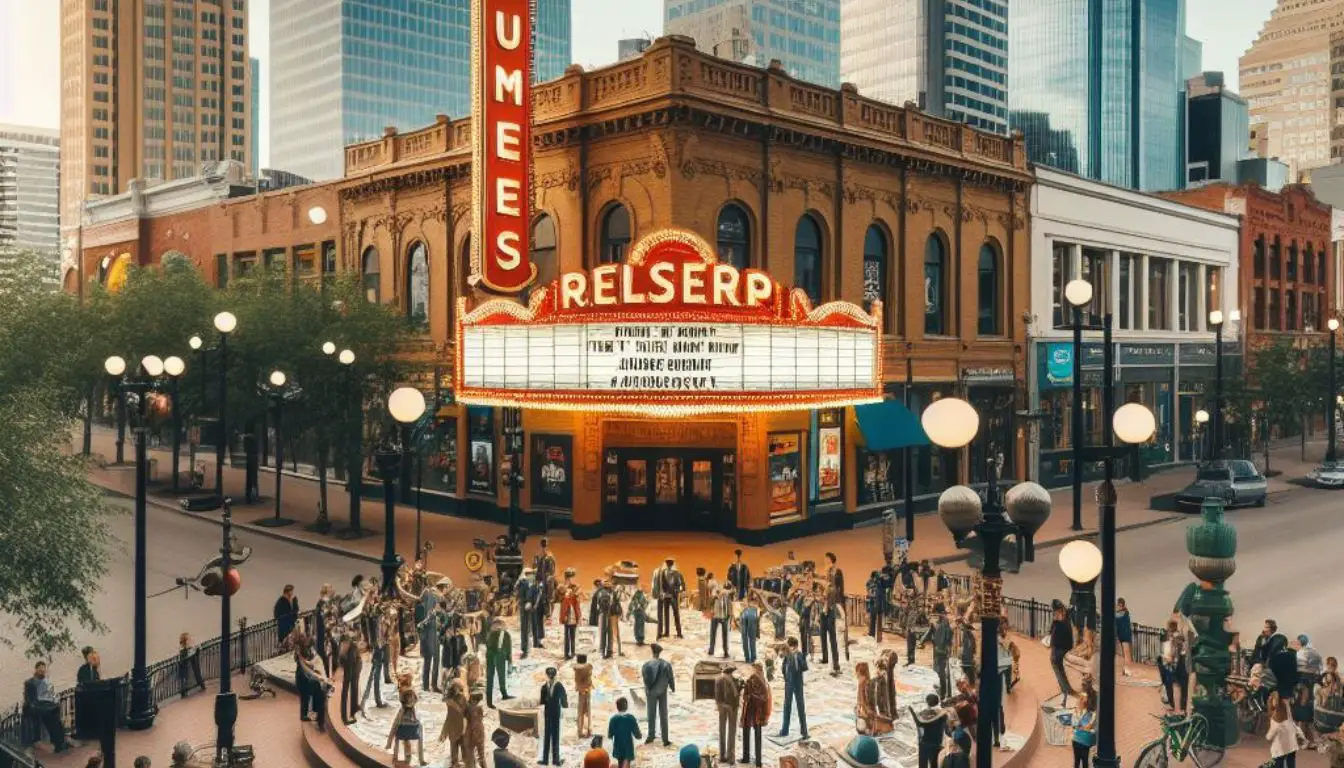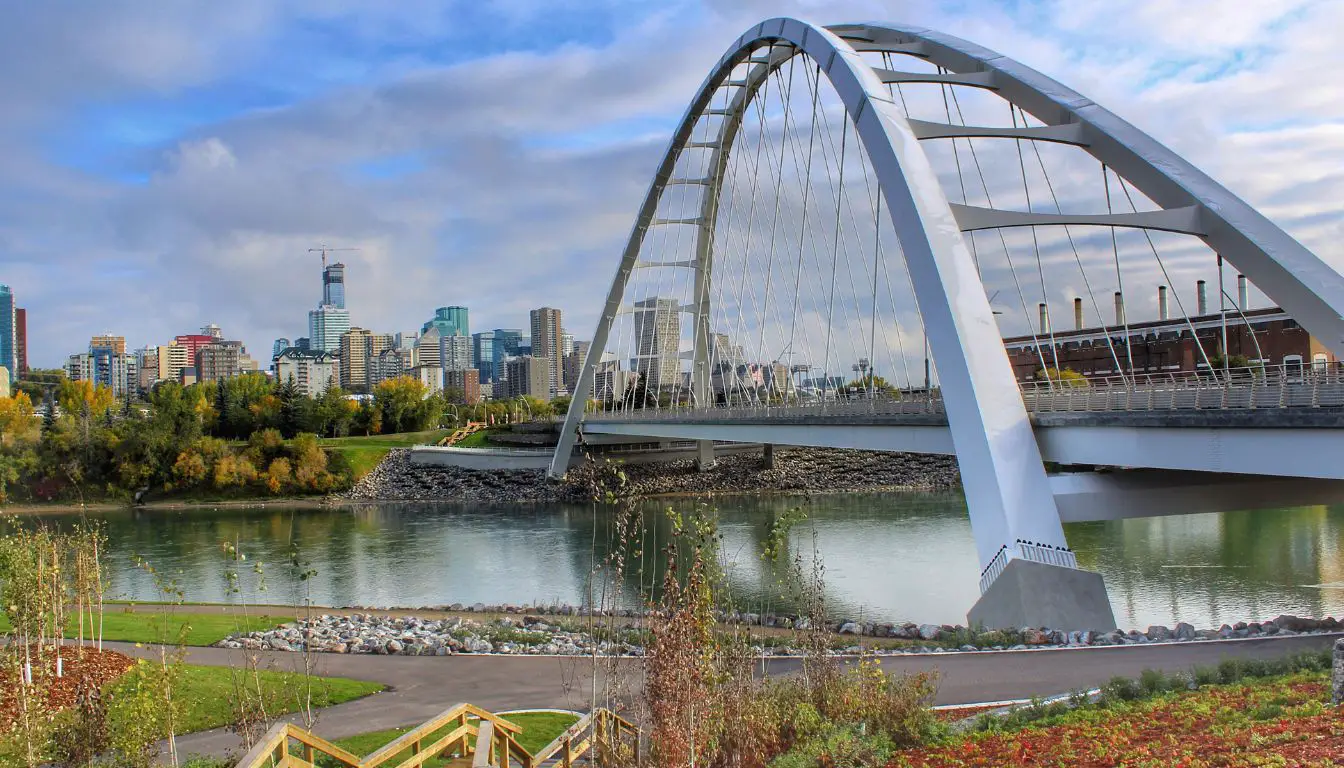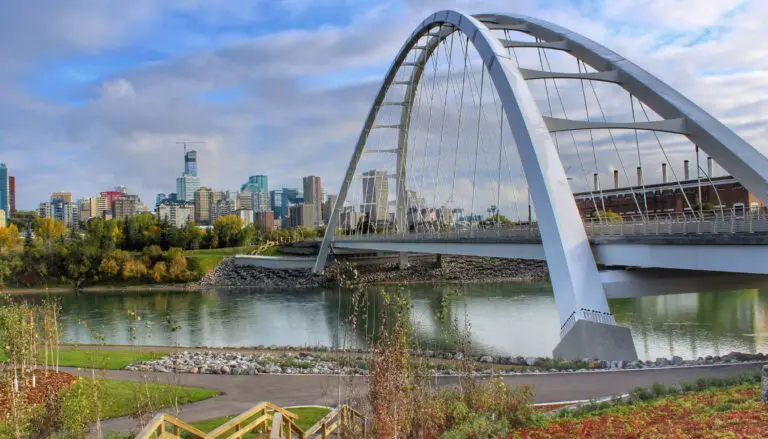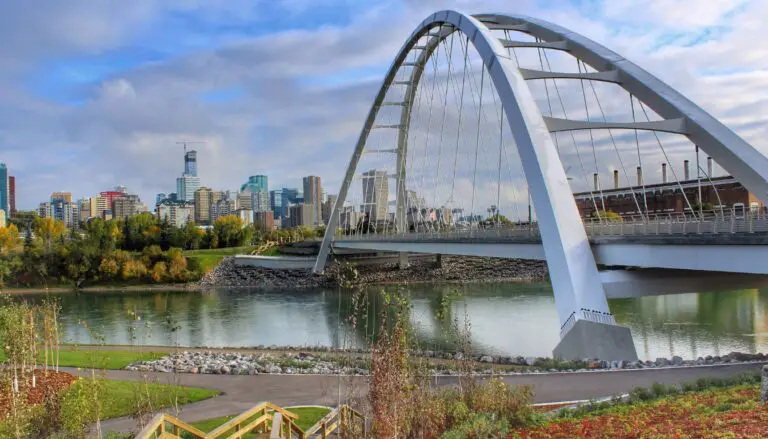How Much Does a New Furnace Cost In Edmonton You Won’t Believe
Key Takeaways:
- Expect to pay between $2,500 and $10,000 for a new furnace in Edmonton.
- The price will vary depending on the size and type of furnace you need, as well as the installation costs.
Upgrading your home’s heating system? Wondering about the cost of a new furnace in Edmonton?
I’ve got you covered.
In this comprehensive guide, I’ll break down the factors that influence furnace pricing, provide average cost estimates, and explore financing options. Whether you’re considering a gas, electric, or oil furnace, I’ll help you make an informed decision for your home and budget.
| Furnace Type | AFUE Rating | Average Cost |
|---|---|---|
| Gas Furnace | 80% – 98% | $2,500 – $7,500 |
| Electric Furnace | 100% | $2,000 – $5,000 |
| Oil Furnace | 85% – 90% | $3,000 – $8,000 |
Furnace Cost Factors in Edmonton
Furnace cost factors in Edmonton vary depending on the size and efficiency of the unit, installation and labor charges, brand and model, additional features, and required permits and inspections.
Size and Efficiency
- Furnace size impacts efficiency and cost.
- Larger furnaces are more expensive but heat larger areas.
- Smaller furnaces are cheaper but may struggle to heat larger spaces.
- Efficiency ratings measure how well a furnace converts fuel to heat.
- Higher efficiency furnaces cost more but save money on energy bills.
Installation and Labor
Installation and labor costs can vary based on the complexity of the installation, the accessibility of the existing furnace, and the expertise of the HVAC technician.
It’s essential to factor in these costs when budgeting for a new furnace to ensure the total project cost fits within your financial plan.

Brand and Model
- Brand and model play a significant role in furnace cost.
- Different brands offer varying levels of quality, efficiency, and features.
- Popular brands in Edmonton include Lennox, Goodman, Carrier, and Trane.
- Within each brand, different models offer different features and efficiency ratings, impacting the overall cost.
Additional Features
- Advanced filtration systems to improve indoor air quality.
- Zoning systems to control temperature in different areas of the house.
- Smart thermostats for remote control and energy savings.
- Humidifiers to add moisture to dry air.
- Air cleaners to remove dust, pollen, and other particles from the air.

Permits and Inspections
- Permits may be required for furnace installation, varying by municipality.
- Inspections ensure compliance with safety and building codes.
- Fees for permits and inspections can impact overall furnace installation costs.
- Homeowners should research local regulations and factor these costs into their budget.
Average Furnace Costs in Edmonton
Furnace prices in Edmonton can vary depending on the type, size, and efficiency of the unit you choose.
Expect to pay between $2,000 and $10,000 for a new furnace.
Basic Furnace
- Basic furnaces are suitable for smaller homes or mild climates.
- They typically have an annual fuel utilization efficiency (AFUE rating of 80-85%.
- They are more affordable than other furnace types.
- Maintenance and repair costs are generally lower.
Mid-Range Furnace
- Mid-range furnaces strike a balance between affordability and efficiency.
- Typically priced between $3,000 and $5,000, they offer features like variable speed blowers and two-stage operation.
- These models provide enhanced comfort and energy savings compared to budget options.

High-Efficiency Furnace
- High-efficiency furnaces can save you money on energy bills, as they operate at higher AFUE ratings, typically above 90%.
- These furnaces can be more expensive to purchase and install, but the long-term savings can be significant.
- They also have lower emissions, making them a more environmentally friendly option.
Variable-Speed Furnace
Variable-Speed Furnace:
- Provides consistent temperature and humidity levels, enhancing comfort.
- Reduces energy consumption and costs by adjusting fan speed to heating and cooling needs.
- Quieter operation compared to traditional furnaces.
- May require higher upfront investment but offers long-term energy savings.
Furnace Cost by Type
Furnace costs vary depending on the type, with gas furnaces being the most affordable, followed by electric and oil furnaces.
Gas Furnace
- Gas furnaces are widely used in Edmonton due to their efficiency and affordability.
- They utilize natural gas as fuel, providing warmth through a heating element.
- Installation costs typically range from $2,000 to $5,000, including labor and materials.
- Gas furnaces offer various benefits, including energy savings, consistent heating, and longer lifespan.
Electric Furnace
- Electric furnaces are a more energy-efficient option compared to gas or oil furnaces.
- They produce heat by passing electricity through a resistance element.
- Electric furnaces are typically more expensive to install than gas or oil furnaces.
- They have lower operating costs and can save you money on your energy bills in the long run.
Oil Furnace
- Oil furnaces are known for their high efficiency and can save money on energy bills.
- They require a steady supply of oil, and the cost of oil can fluctuate.
- Oil furnaces require regular maintenance and occasional repairs.
- They have a lifespan of around 15 to 20 years.
Furnace Installation Cost in Edmonton
Furnace installation prices fluctuate based on the complexity of the installation and extra parts needed.
Standard installations typically cost less than complex installations, which may require additional labor and materials.
Standard Installation
- Standard installation includes removing the old furnace, installing the new one, and connecting it to the existing ductwork and electrical system.
- This type of installation is typically less expensive than a custom installation.
- However, it may not be suitable for all homes, such as those with unique ductwork or electrical systems.
Complex Installation
- Complex installations may require additional labor, materials, and time.
- Factors like difficult access, custom ductwork, electrical upgrades, and permits can add to the cost.
- Homeowners should consider obtaining multiple quotes and choosing a reputable HVAC contractor for the job.
Additional Costs
- Ductwork modifications or replacements can add $500-$2,000 to the total cost.
- Upgrading to a more efficient furnace model can increase the price by $1,000-$3,000.
- Additional permits or inspections may be required, costing around $100-$200.
- Labor costs can vary depending on the complexity of the installation and the experience of the contractor.
Financing Options for a New Furnace in Edmonton
In Edmonton, there are various financing options available to help you cover the cost of a new furnace, such as loans, rebates, and government assistance programs.
Loans
- Loans offer a flexible financing option for those seeking to cover the cost of a new furnace.
- Borrowers can choose from various loan types, including secured and unsecured loans, with varying interest rates and repayment terms.
- Evaluate your financial situation to determine the loan amount and terms that align with your budget.
- Consider factors like credit score, income, and existing debts to increase your chances of loan approval.
Rebates
Rebates are available from the government and utility companies to help reduce the cost of a new furnace in Edmonton.
Rebates can vary depending on the type of furnace and its efficiency rating, as well as the specific program or provider offering the rebate.
Government Assistance Programs
- Government assistance programs can provide financial aid for furnace replacements.
- These programs are typically income-based and have specific eligibility criteria.
- Homeowners may qualify for grants, rebates, or low-interest loans.
- It’s important to research available programs and apply well in advance.
DIY vs. Professional Furnace Installation
DIY installation may save you money upfront, but professional installation ensures long-term efficiency and safety.
DIY Furnace Installation Cost
DIY furnace installation can save you money on labor costs, but it’s important to factor in the cost of tools, materials, permits, and potential mistakes.
The average DIY furnace installation cost ranges from $1,000 to $2,000, while professional installation typically costs between $2,000 and $4,000.
Signs You Need a New Furnace
Your furnace may be on its last legs if you’re experiencing inconsistent heating, increased energy bills, or frequent repairs.
Age of the Furnace
- The average lifespan of a furnace is 15-20 years.
- An older furnace may be less efficient and more expensive to operate.
- Signs of an aging furnace include increased energy bills, unusual noises, and inconsistent heating.
- Replacing an old furnace can improve energy efficiency and home comfort.
Increased Energy Bills
Increased energy bills can strain your budget and signal the need for a new furnace.
An old, inefficient furnace struggles to maintain consistent temperatures, leading to higher energy consumption.
Upgrading to a new, energy-efficient furnace can significantly reduce your heating costs and improve your home’s comfort.
Inconsistent Heating
- Inconsistent heating can be a sign of an aging furnace.
- Warm and cold spots throughout the house.
- Rooms that never seem to get warm enough.
- Higher energy bills.
- Strange noises coming from the furnace.
Frequent Repairs
- Frequent repairs indicate a deteriorating furnace.
- Rising repair costs outweigh the benefits of maintaining an old furnace.
- Consider replacing the furnace to save money and ensure comfort.
Strange Noises
- Rattling or banging sounds may indicate loose parts or a faulty blower motor.
- Hissing noises could be caused by a blocked air filter or a leak in the ductwork.
- Screeching or squealing noises often indicate a problem with the blower belt or motor.
- Humming or buzzing noises can be caused by electrical issues or a faulty capacitor.
Visible Damage
- Cracks and rust on the furnace’s exterior.
- Pilot light that is frequently going out.
- Unusual noises, like rattling or banging.
- Reduced airflow from vents.
- Higher energy bills despite similar usage.
Frequently Asked Questions (FAQ)
How long does a furnace usually last?
The lifespan of a furnace typically ranges from 15 to 20 years, depending on factors like maintenance, usage patterns, and the quality of the installation.
Regular maintenance can extend the lifespan of your furnace, potentially reaching up to 30 years in some cases.
What is the most energy-efficient type of furnace?
Modulating condensing furnaces are the most energy-efficient type of furnace, achieving up to 98% efficiency. They operate at varying capacities to match heating needs, reducing energy consumption and lowering utility bills.
These advanced furnaces also minimize emissions, making them an environmentally friendly choice.
Can I install a furnace myself?
Installing a furnace requires specialized knowledge, tools, and safety precautions.
Attempting self-installation can be risky and may void manufacturer warranties.
It’s highly recommended to hire a licensed and experienced HVAC technician for safe and proper furnace installation.
How can I save money on furnace installation?
- Compare quotes from multiple contractors to ensure you get the best price.
- Consider a high-efficiency furnace, which may have a higher upfront cost but can save you money on energy bills in the long run.
- Ask about rebates and incentives available in your area that can reduce the cost of installation.
- Check if your local utility company offers financing options to help spread out the cost of the installation.
What are the signs that I need a new furnace?
- Rising energy bills
- Uneven heating
- Frequent repairs
- Strange noises
- Yellow burner flame
- Frequent cycling
- Age of your furnace (15-20 years
Final Verdict
Replacing your furnace is a significant investment, but it’s crucial for maintaining comfort and energy efficiency in your Edmonton home.
By considering factors like size, efficiency, brand, installation costs, and financing options, you can make an informed decision that meets your needs and budget.
Whether you choose a basic, mid-range, high-efficiency, or variable-speed furnace, ensure professional installation to ensure optimal performance and safety.
Remember, regular maintenance and timely repairs can extend the lifespan of your furnace and save you money in the long run.







